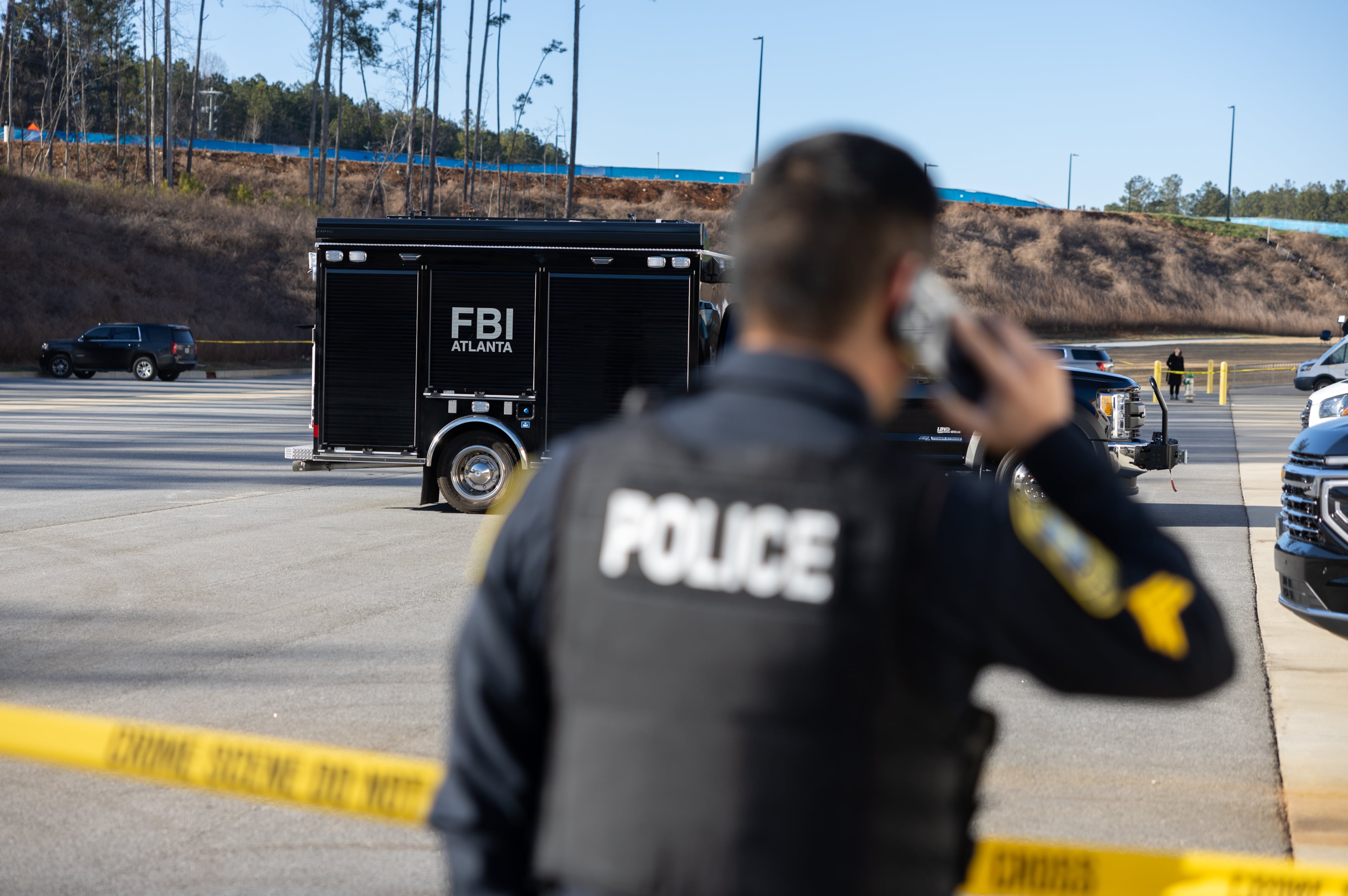Richard Smith, a ‘benevolent’ Georgia power broker, honored in final tribute in Columbus

COLUMBUS — About a dozen years ago, longtime state Rep. Richard Smith arranged a meeting with Mercer University’s president about adding a medical school campus in Columbus.
William Underwood was understandably reluctant about the many hurdles ahead, but Smith chose wisely about who he brought with him to that initial sit-down: Three local power brokers who also happened to serve on Mercer’s board of trustees.
“There wasn’t anything flamboyant about his style,” Underwood told hundreds at First Baptist Church to celebrate Smith’s legacy after he died last week of the flu at the age of 78. But he honed a “quiet determination” that turned him into a political force.
A Republican who was first elected to the Georgia House in 2004, Smith wasn’t instantly recognizable to even political junkies. But he was one of the state’s most influential leaders, forging important bonds and serving the past four years as head of one of the Legislature’s most powerful committees.
He was remembered for many roles at his funeral, where so many attendees packed the pews Monday that roads outside the Columbus church had to be cordoned off: Doting father and husband. Capable administrator. Morgan County High School football hero. Devoted friend.
During a series of eulogies, another portrait of Smith also emerged: a leader who relentlessly fought to improve life in west Georgia.
A former member of the Columbus City Council, Smith was the interim city manager before launching an unsuccessful bid for mayor in 2002. Two years later, he won a Georgia House seat — “God decided he needed a bigger stage,” quipped Skip Henderson, the city’s current mayor.

A reliable Republican vote, Smith forged friendships across the aisle and formed bipartisan coalitions with other Columbus lawmakers to promote his region and fight for more resources and investment.
Gov. Brian Kemp praised him for standing by his side during the toughest of political times, even when he risked criticism from “angry corners” of the state.
“In all of those years, in the good and the bad, Richard was a true and honest friend,” Kemp said, adding that “he also wasn’t afraid to call it like he saw it.”
(One example Kemp shared with a smile: Smith happily told House lawmakers that first lady Marty Kemp’s press to crack down on human trafficking would speedily win approval in that chamber while the governor’s own priorities sometimes languished.)
House Speaker Jon Burns called Smith a “benevolent” chair of the Rules Committee, which has the final say on which proposals reach a vote and which wither on the vine. Many of the dozens of lawmakers gathered in the pews nodded in silent agreement.
And Lt. Gov. Burt Jones recalled proposing an insurance-related bill eight years ago that seemed to run afoul of Smith. When the veteran lawmaker agreed to meet Jones, then a state senator, they seemed to talk about everything but his proposal.
“I just wanted to size you up,” he told Jones before wrapping up the meeting.
One of Smith’s crowning achievements grew out of his discussion with Underwood, where Smith and other Columbus leaders raised concerns about a dearth of physicians in west Georgia.
About a decade after their meeting, Mercer broke ground on the expansion financed by private and public funds. Now, the school graduates 60 doctors each year on a sparkling campus along the Chattahoochee River. Many will stay in the region.
As one lawmaker told Underwood at a groundbreaking ceremony: “We like Mercer. But we love Richard.”
A few days ago, Smith was having trouble sleeping and crept out of bed to his favorite chair, down the hall in the living room. He died there a few hours later, said his pastor, James Elder Jr. Hanging to his right was a painting of the beloved medical school, softly illuminated in the morning light.
“Talk about a legacy.”




